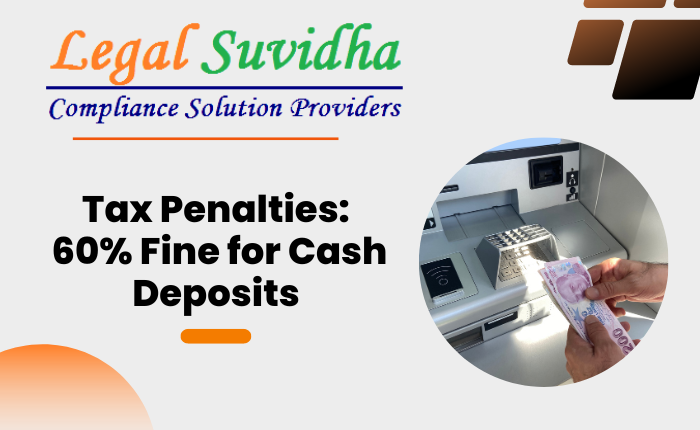In the vast landscape of India’s financial system, the rules and regulations surrounding cash deposits and withdrawals in banks are characterized by a robust framework to ensure transparency, accountability, and adherence to tax laws. It’s important for people to know and follow these strict rules in banking to confidently manage their finances.
- Recently, the Reserve Bank of India (RBI), the nation’s apex monetary authority, has taken a momentous decision to phase out the 2000 rupee banknote from circulation.
- This move has garnered widespread attention and raised pertinent questions among citizens who may hold these notes.
- To address this, the RBI has provided a time window until September 30 for individuals to exchange any 2000 rupee notes they possess at authorized banks and financial institutions.
- However, it’s important to note that there is a restriction on the number of 2000 rupee notes that can be exchanged at once, allowing for a maximum of 10 notes per transaction.
- On the other hand, the RBI has not imposed any specific limits on depositing Rs 2000 notes, thus allowing individuals to deposit any quantity of these notes without restriction.
Naturally, the absence of a deposit limit raises questions about the tax implications associated with large cash deposits. People often wonder up to what threshold tax is not levied on such deposits and, if someone exceeds this threshold, how much tax they will be required to pay. In response to these queries, the Income Tax Act plays a crucial role in governing such transactions.
- According to the provisions of the Income Tax Act, certain financial transactions are categorized as specified transactions, which include cash deposits and withdrawals above certain thresholds.
- When an individual deposits Rs 10 lakh or more in cash into their savings account during a financial year, the bank is obligated to report such transactions to the Income Tax Department.
- Similarly, when a person deposits Rs 50 lakh or more in a current account within the same financial year, the bank is required to report these transactions as well.
- This reporting mechanism acts as a measure to monitor and prevent tax evasion and money laundering activities.
- It is worth emphasizing that the government does not impose any direct tax on the act of depositing cash.
- However, the source of the funds must be legitimate, and any income generated from these deposits must be duly reported during the income tax filing process. Failure to do so can result in severe penalties and legal consequences.
To further regulate cash withdrawals and curb the circulation of unaccounted funds, the Income Tax Act introduced Section 194N, which pertains to Tax Deducted at Source (TDS) on cash withdrawals exceeding certain limits. Individuals who have consistently filed Income Tax Returns (ITR) for the previous three years will be subject to a TDS of 2 percent on withdrawals exceeding Rs 1 crore in a financial year.
- For others, a TDS of 2 percent will be applicable to withdrawals exceeding Rs 20 lakh, and a higher TDS rate of 5 percent will be imposed on withdrawals exceeding one crore.
- This measure aims to encourage the use of digital payment methods and discourage large cash withdrawals.
- The disclosure of the source of cash deposits is of paramount importance in the eyes of the Income Tax Authority.
- There are instances where individuals may overlook filing their income tax returns or neglect to declare certain exemptions, leading to the suspicion of undisclosed income.
- In such cases, the Income Tax Department can issue a notice to the concerned individual under Section 68 of the Income Tax Act, seeking an explanation for the source of the cash deposited.
- Failure to provide a satisfactory response may result in severe consequences, with the undisclosed amount being subject to taxation at a significant rate.
- As per the prevailing laws, the undisclosed amount may be taxed at 60 percent, with an additional 25 percent surcharge and 4 percent cess, leading to a substantial financial burden.
- Beyond cash deposits and withdrawals, the Income Tax Act also governs cash transactions related to loans.
- As per Section 269SS and 269T of the Income Tax Act, it is prohibited for businessmen to accept or repay cash loans exceeding Rs 20,000 in a financial year.
- Violation of this limit can lead to penalties under sections 271D and 271E, reflecting the authorities’ resolve to monitor and discourage the circulation of unaccounted funds through loan transactions.
To elucidate the practical implications of these regulations, consider a hypothetical scenario of a trader operating under section 44AD of the Income Tax Act.
- In this case, the trader has deposited Rs 29 lakh into their bank account, out of which Rs 23 lakh has been appropriately declared as business income.
- However, the trader has also withdrawn Rs 8 lakh in cash on behalf of the business, and it has been stated that Rs 3 lakh was received from an individual in a transaction.
- Since the total cash deposited amounts to Rs 29 lakh, while only Rs 23 lakh has been reported as business income, the Income Tax Authority may seek an explanation for the remaining Rs 6 lakh to ensure an accurate tax assessment.
In conclusion, navigating the intricate web of cash and deposit rules in India requires a thorough understanding of the provisions laid out in the Income Tax Act. By adhering to these regulations, individuals can ensure compliance with the law, minimize the risk of penalties and legal repercussions, and contribute to a transparent and accountable financial ecosystem.
If You have any queries then connect with us at [email protected] or [email protected] & contact us & stay updated with our latest blogs & articles




















